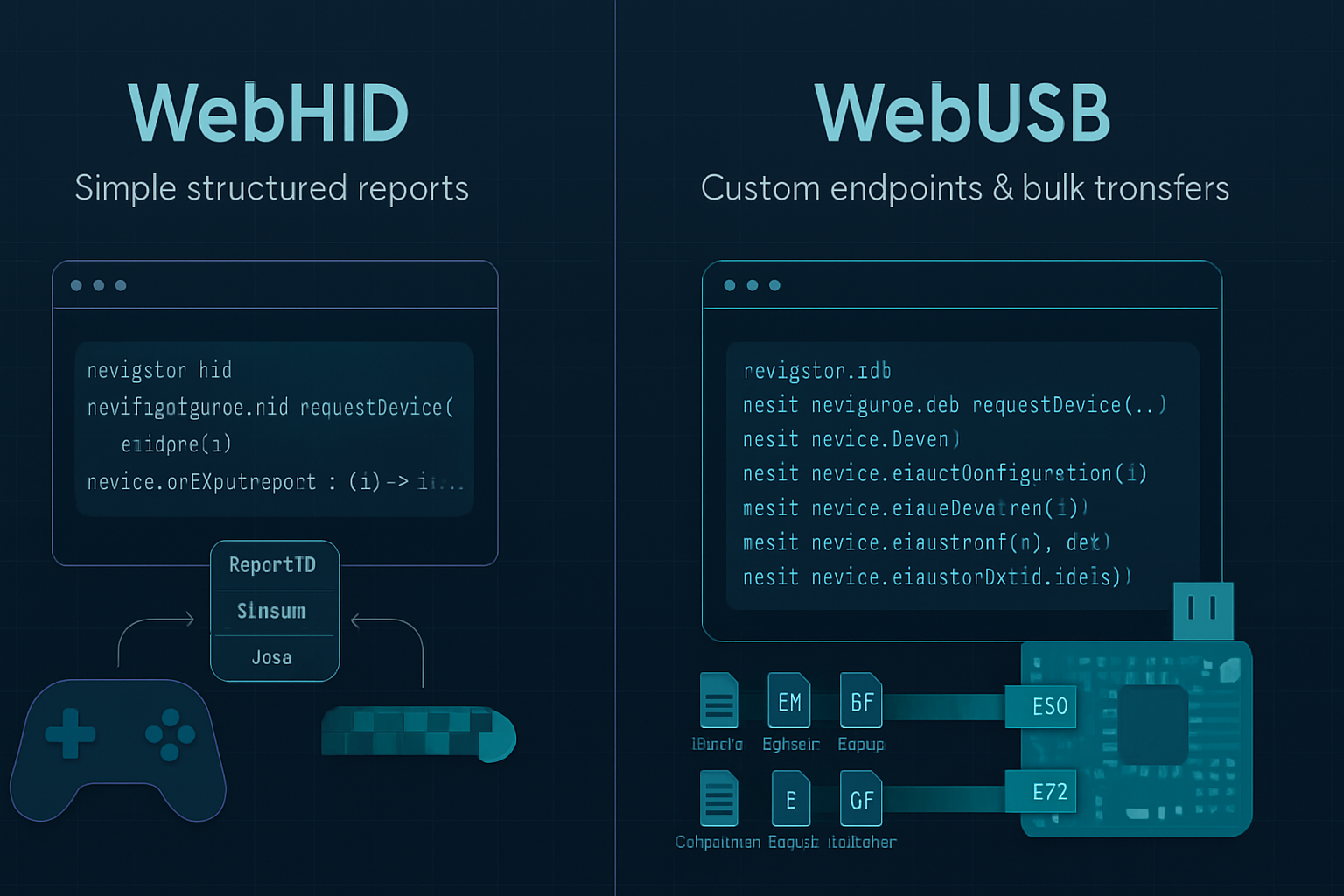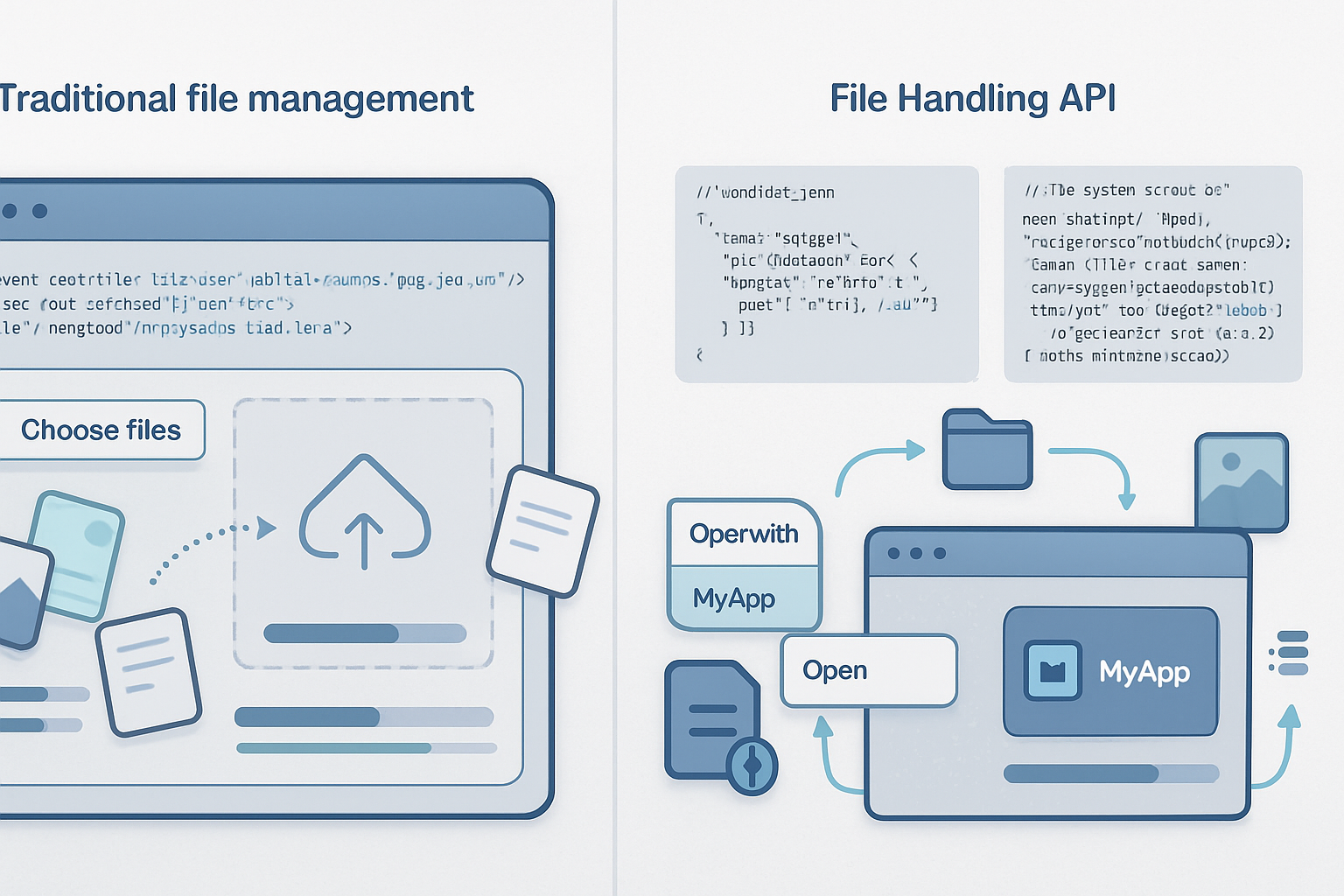· 2 min read
The Ethics of AI in JavaScript Development: Navigating Bias and Accountability
A practical, in-depth look at ethical challenges when using AI tools in JavaScript development-focusing on algorithmic bias, developer accountability, risk mitigation, and actionable policies.
Introduction
AI tools-language models, code generation assistants, automated linters and test generators-are now part of many JavaScript developers’ workflows. They speed up routine tasks, suggest implementations, and help triage bugs. But these conveniences carry ethical risks: biased outputs, security vulnerabilities, licensing issues, and ambiguous accountability.
This article unpacks where bias and harm can arise in AI-assisted JavaScript development, who bears responsibility, and provides concrete, practical strategies teams can adopt to reduce risk and maintain accountability.
Why JavaScript Developers Should Care
- JavaScript runs a huge portion of the web and serverless tooling; errors and biases in JS code can affect millions.
- AI tools often produce code without explicit provenance or guarantees; developers may copy-paste insecure, biased, or copyrighted snippets into production.
- Because JavaScript ecosystems rely heavily on packages (npm), model recommendations or auto-imports can introduce supply-chain or licensing exposure.
Where Bias and Harm Come From
Training Data Bias
- Models are trained on large corpora scraped from the web, public repositories, forums, and documentation. These sources reflect historical and societal biases which can surface in prompts, tests, or UI text generated by the model. See the discussion in “On the Dangers of Stochastic Parrots” for context Bender et al., 2021.
Representation Gaps
- Datasets underrepresent particular languages, frameworks, or accessibility patterns. Generated examples may assume English, desktop-first UX, or omit accessibility considerations.
Optimization and Sampling Biases
- Beam search, sampling temperature, and other decoding strategies influence which outputs are returned. A model may favor



